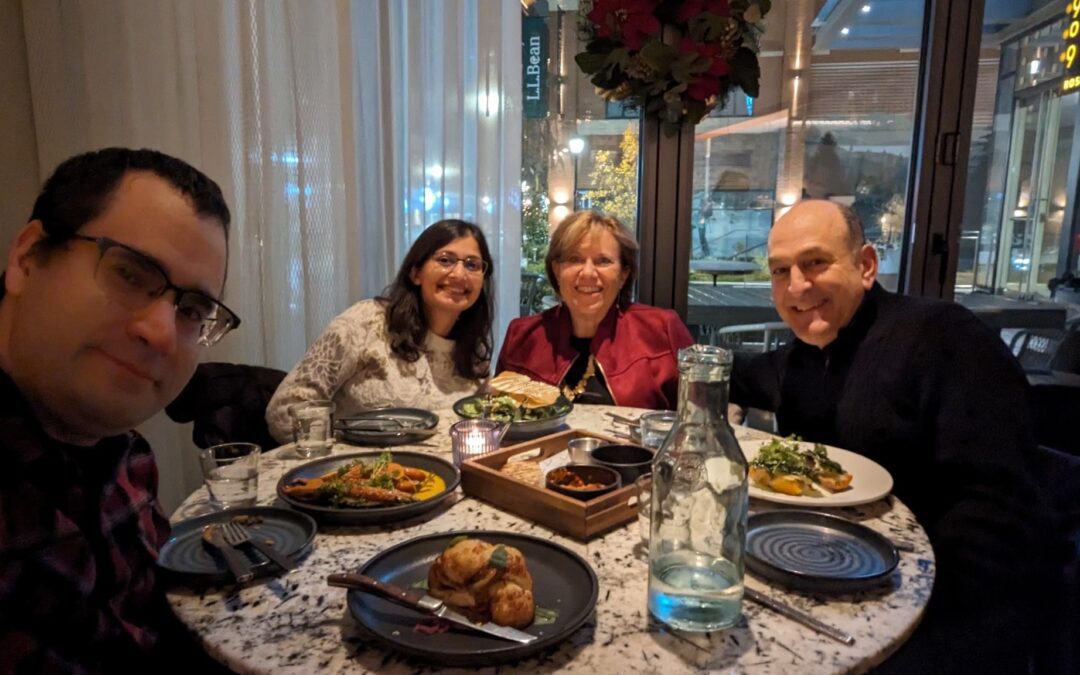


Trust, Leadership, and Confidentiality
Recently I was out to dinner with my husband and our family friends. As we were enjoying our appetizers, at the table beside us, the restaurant staff had brought out a dessert with the type of birthday candles that resemble sparklers and certainly create attention....
Beyond Leadership: The Role of AI in Enhancing Event Engagement
I’ve increasingly been asked, “How do you use Artificial Intelligence (AI) in your work?” or “What potential do you see for AI in your industry?” Like many, I find the scope of AI’s applications vast and sometimes overwhelming. Yet,...Facilitation and Navigating Leadership When You’re Not the Official Leader
When I did my graduate studies at Johns Hopkins University, my professor Roger Karsk taught us about facilitation. He conveyed the importance of noticing Task, Maintenance, and Individualist Roles in a group, and especially in a meeting. Effective meetings balance all...


Recent Comments